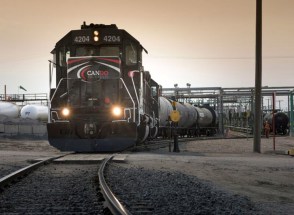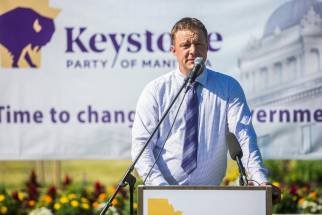Opposition seeks all-party look into Manitoba inflation drivers
Read this article for free:
or
Already have an account? Log in here »
To continue reading, please subscribe:
Monthly Digital Subscription
$0 for the first 4 weeks*
- Enjoy unlimited reading on winnipegfreepress.com
- Read the E-Edition, our digital replica newspaper
- Access News Break, our award-winning app
- Play interactive puzzles
*No charge for 4 weeks then price increases to the regular rate of $19.00 plus GST every four weeks. Offer available to new and qualified returning subscribers only. Cancel any time.
Monthly Digital Subscription
$4.75/week*
- Enjoy unlimited reading on winnipegfreepress.com
- Read the E-Edition, our digital replica newspaper
- Access News Break, our award-winning app
- Play interactive puzzles
*Billed as $19 plus GST every four weeks. Cancel any time.
To continue reading, please subscribe:
Add Free Press access to your Brandon Sun subscription for only an additional
$1 for the first 4 weeks*
*Your next subscription payment will increase by $1.00 and you will be charged $16.99 plus GST for four weeks. After four weeks, your payment will increase to $23.99 plus GST every four weeks.
Read unlimited articles for free today:
or
Already have an account? Log in here »
Hey there, time traveller!
This article was published 21/07/2022 (1238 days ago), so information in it may no longer be current.
Manitoba had the second-highest inflation rate in Canada last month, and critics say they want to know why.
The Consumer Price Index rose 9.4 per cent in June, second only to Prince Edward Island (10.9 per cent), Statistics Canada reported this week.
Transportation prices increased nearly 25 per cent in Manitoba versus 17 per cent for all of Canada — including gasoline that’s up 61 per cent in Manitoba year over year.
On Thursday, the provincial government said Manitoba’s gas prices started at a lower base value relative to other provinces, so the percentage growth appears larger during inflationary periods.
“To be clear, Manitoba currently has some of the lowest fuel prices in the country,” the province said in a statement. “Manitoba also has some of the most modest provincial taxes on gas in Canada (14 cents per litre), with no PST on fuel.”
Gas is the main driver of Manitoba’s high inflation rate last month, said Winnipeg Chamber of Commerce president and chief executive officer Loren Remillard. The chamber’s latest survey of its members in May and June showed inflation was the most pressing issue (82 per cent) followed by labour shortages (71 per cent).
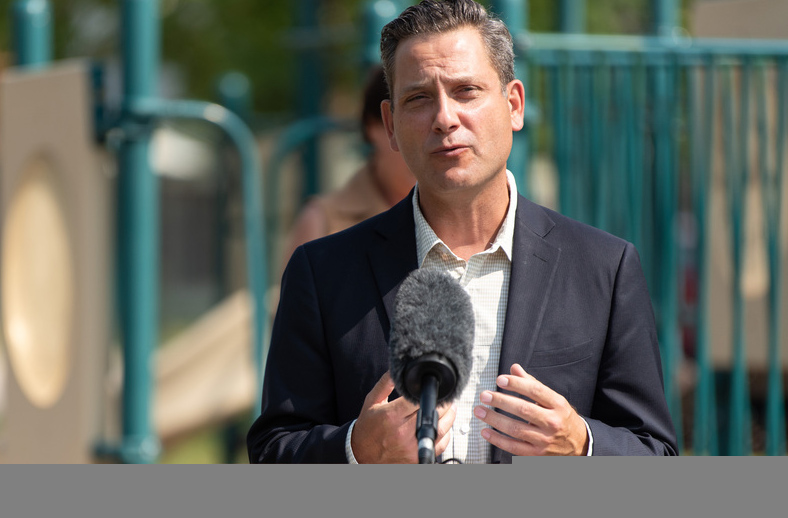
However, “There’s hope on the horizon,” Remillard said.
In July, gas prices (and their ripple effect throughout the economy) began to fall. He’s optimistic that will put the brakes on inflation.
“We’re definitely hoping to start to see a downward turn,” said Remillard. If not, then “it’s something we all need to be concerned about.”
Manitoba Finance Minister Cameron Friesen was not made available for an interview Wednesday, but a provincial spokesperson issued a statement listing all the tax breaks Manitobans have received since the Progressive Conservatives formed government in 2016.
Meantime, NDP Leader Wab Kinew has proposed an all-party committee get to work this summer to address cost-of-living issues and provide some transparency on rising prices: who is benefiting, who is not, and how to address the situation faced by Manitobans.
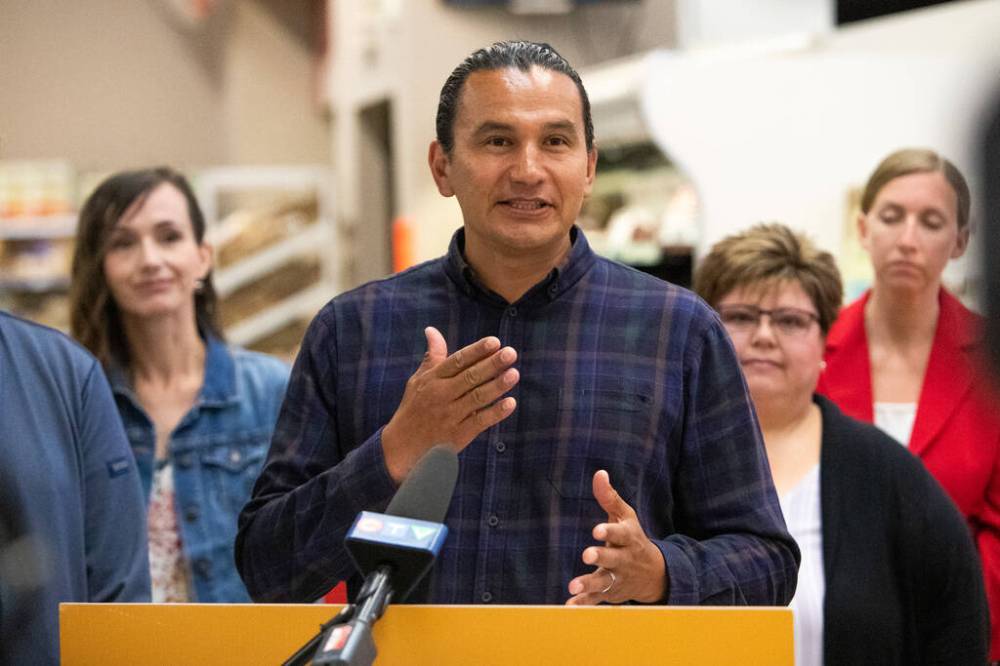
“Oil companies and certain players in the food supply chain are making a lot of money right now,” said Kinew.
“When I’m in western Manitoba or the Parkland or the Interlake, the average rancher out there is saying, ‘I’m not getting any more for my cattle than I was in the past,’ but then the average person at the grocery store is paying more than ever for beef, as one example,” he said.
“What’s going on in between? An all-party committee would be one way to examine that.”
Earlier data from Statistics Canada shows corporate profits increased 81 per cent between the end of 2019 and the first quarter of this year, noted University of Manitoba economics Prof. Jesse Hajer.
“It is important to remember that wages are not driving this inflation,” he said Wednesday. “Since the beginning of the (COVID-19) pandemic, average hourly wages have only increased by around nine per cent.”
“It is important to remember that wages are not driving this inflation… Since the beginning of the (COVID-19) pandemic, average hourly wages have only increased by around nine per cent.” – Prof. Jesse Hajer
Hajer recommended raising taxes on corporate profits that he says are driving up prices to fund increased government support for workers and those most in need by providing free services, such as public transit, child care and dental care.
It’s part of the “perfect storm” of inflation that’s hit Manitoba, said Liberal Leader Dougald Lamont.
“What’s happening is a mix of price-gouging, lack of competition, and lack of self-reliance, while people and businesses alike are struggling to make up for pandemic losses and increased debt,” Lamont said Wednesday.
All the more reason for an all-party committee, Kinew agreed.
“Put the partisanship aside for the summer and let’s work together to make life more affordable for Manitobans,” the NDP leader said, noting the PC government hasn’t responded to the proposal, nor put forward its own plan.
“What are the PCs doing to make life more affordable? It doesn’t look they’re doing anything.”
“What are the PCs doing to make life more affordable? It doesn’t look they’re doing anything.” – Wab Kinew
A statement issued by a government spokesperson said it remains focused “on employing a strong, fiscal foundation that provides better services to all Manitobans. This includes taking a careful and disciplined approach to managing expenditures while protecting and investing in front-line services. At the same time, Manitobans are feeling the squeeze from rising costs, and so we are lowering taxes to make life more affordable for Manitobans.”
The situation could be much worse, said a veteran political analyst who remembers the last time Manitoba experienced such high inflation 40 years ago.
At that time, though, it was “stagflation,” with high unemployment, rising prices and interest rates as high as 22 per cent, said University of Manitoba professor emeritus Paul Thomas.
“In contrast to the ’80s, there is a growing economy. A labour shortage is driving up wages,” Thomas said.
“The inflation that we saw in the early 1980s was more entrenched than the inflation we are seeing today,” agreed Hajer.
“Most economists and markets still suggest that this inflation will be brought back down in the next year or two.”
carol.sanders@freepress.mb.ca
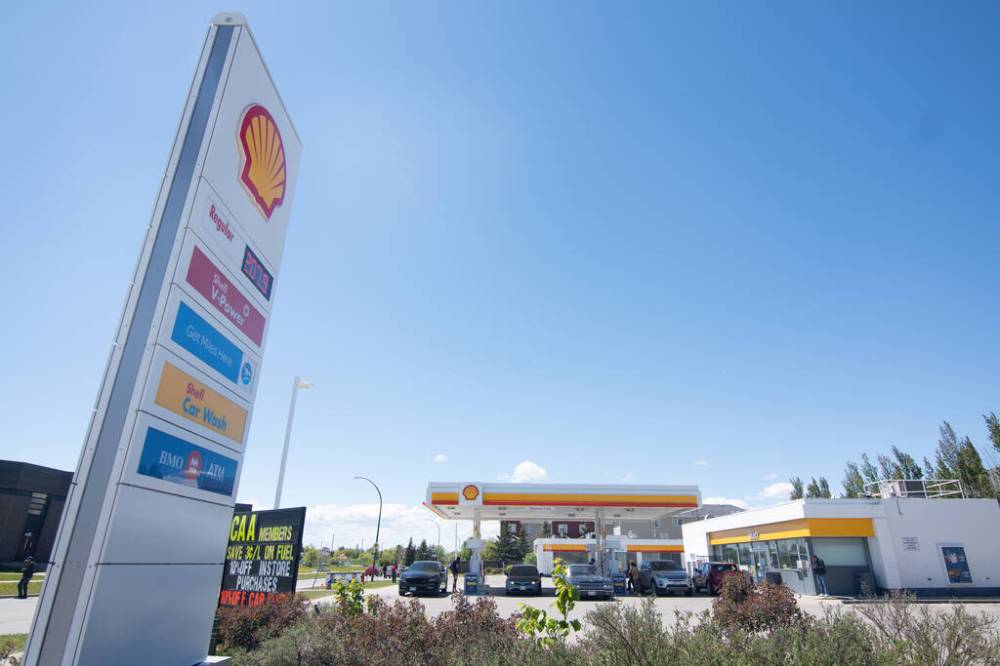

Our newsroom depends on a growing audience of readers to power our journalism. If you are not a paid reader, please consider becoming a subscriber.
Our newsroom depends on its audience of readers to power our journalism. Thank you for your support.
History
Updated on Thursday, July 21, 2022 4:47 PM CDT: Statement from provincial government
Updated on Thursday, July 21, 2022 5:13 PM CDT: adds clarification on gas prices.



